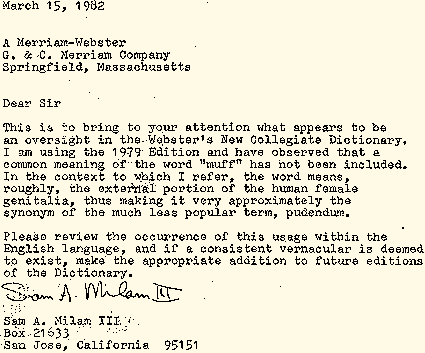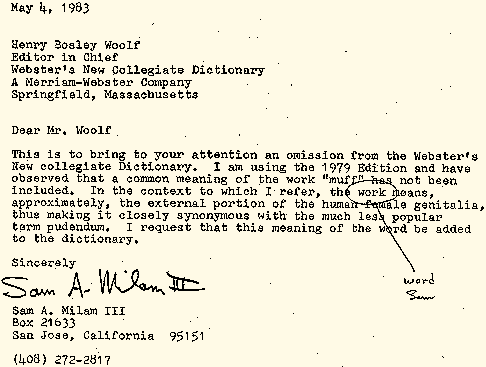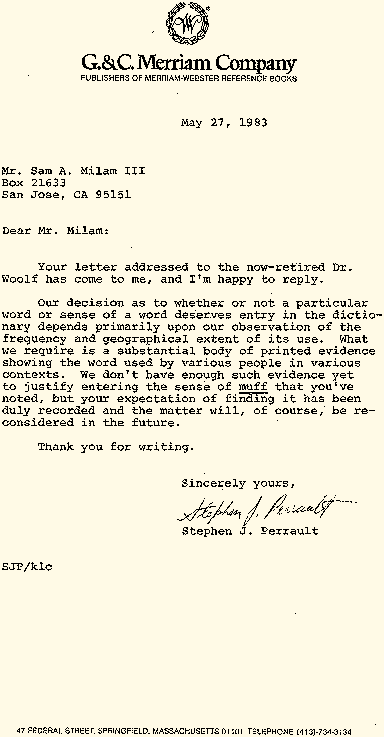CITIZEN, .... n. an inhabitant of a
city:
a member of a state: a townsman: a freeman.
—n.
CITIZENSHIP, the rights of a citizen ....
— The American Dictionary of the English Language,
1899

citizen.... 1. person who by birth or by
choice is a member of a state or nation. Many immigrants have become
citizens of the United States. 2. civilian; person
who is not a soldier, policeman, etc. 3. inhabitant
of a city or town. n. 2.
— Thorndike Century Senior Dictionary, 1941

Citizen. One who, under the Constitution and laws of the
United States, or of a particular state, is a member of the political community,
owing allegiance and being entitled to the enjoyment of full civil rights.
All persons born or naturalized in the United States, and subject to the
jurisdiction thereof, are citizens of the United States and of the state
wherein they reside. U.S. Const., 14th Amend.
The term may include or apply to children of alien parents born in United
States, Von Schwerdtner v. Piper, D.C.Md., 23 F.2d 862, 863; U. S.
v. Minoru Yasui, D.C.Or., 48 F.Supp., 40, 54; children of American
citizens born outside United States, Haaland v. Attorney General of United
States, D.C.Md., 42 F.Supp. 13, 22; Indians, United States v. Hester,
C.C.A.Okl., 137 F.2d 145, 147; State v. McAlhaney, 220 N.C. 387,
17 S.E.2d 352, 354; national banks, American Surety Co. v. Bank of
California, C.C.A.Or., 133 F.2d 160, 162; nonresident who has qualified
as administratrix of estate of deceased resident, Hunt v. Noll, C.C.A.Tenn.,
112 F.2d 288, 289. However, neither the United States nor a state
is a citizen for purposes of diversity jurisdiction. Skandia American
Reinsurance Corp. v. Schenck, 441 F.Supp. 715; Jizemerjian v. Dept.
of Air Force, 457 F.Supp. 820. On the other hand, municipalities
and other local governments are deemed to be citizens. Rieser v.
District of Columbia, 563 F.2d 462. A corporation is not a citizen
for purposes of privileges and immunities clause of the Fourteenth Amendment,
D. D. B. Realty Corp. v. Merrill, 232 F.Supp. 629, 637.
"Citizens" are members of a political community who, in their associated
capacity, have established or submitted themselves to the dominion of a
government for the promotion of their general welfare and the protection
of their individual as well as collective rights. Herriott v. City
of Seattle, 81 Wash.2d 48, 500 P.2d 101, 109.
— Black's Law Dictionary, 1979

convalesce.... vi.... to recover health and
strength gradually after sickness or weakness — convalescence .....
n—
convalescent .... adj or n
— Webster's Ninth New Collegiate Dictionary, 1987

convalescence.... n. 1. Gradual
return to health and strength after illness. 2. The
period needed for returning to health after illness. — convalescent
adj
& n.
— The American Heritage Dictionary of the English Language,
1992

DICTIONARY, an alphabetical compilation of the words of a language,
or part of a language, giving their meanings, spellings, derivation, pronunciation,
and syllabica-
 |
Page 23 |
|
![]()

![]()
![]()
![]()


